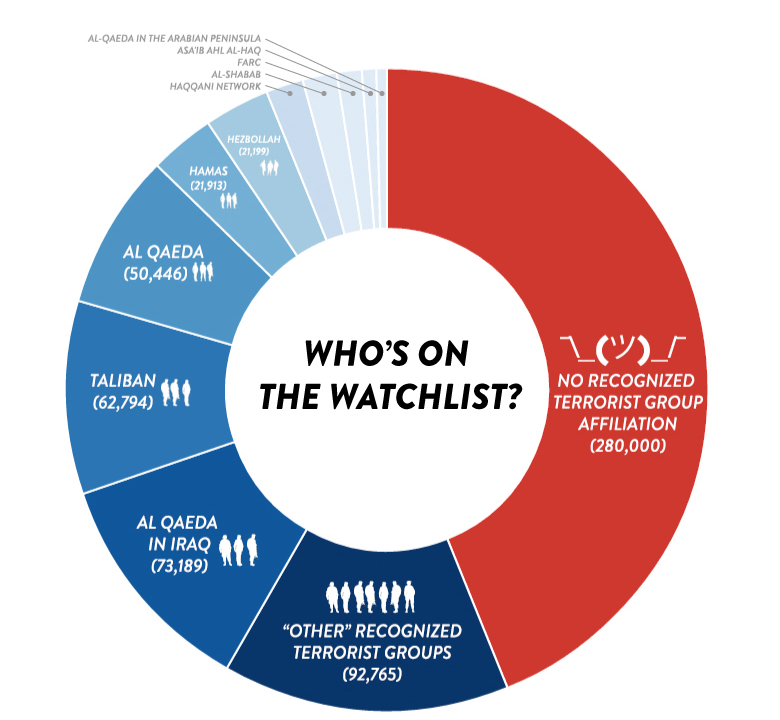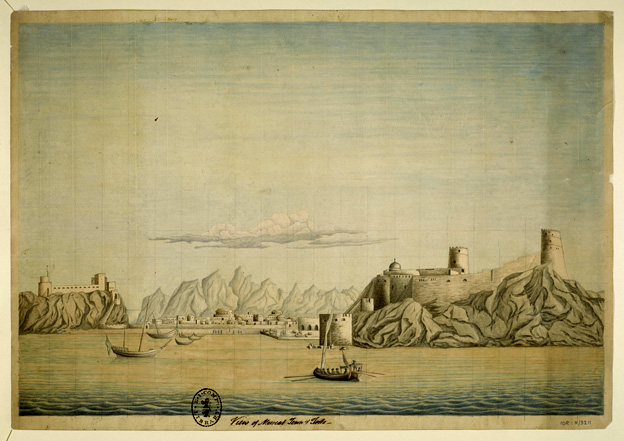JoNova on the newly discovered Global Placebo Effect:
Matt Ridley was questioning Baroness Sandip Verma at the House of Lords this week. He pointed out to the peers that even the IPCC admits there is “hiatus” that modelers can’t explain. Verma responded: “‘It [global warming] may have slowed down, but that is a good thing. It could well be that some of the measures we are taking today is helping that to occur.’” [Source — Dailymail]
Verma raises the intriguing possibility that windmills and solar panels that were built after 2005 have managed to keep global temperatures constant starting from ten years before they were constructed.
What’s even more remarkable is that none of these projects or activities have reduced global CO2 levels. It follows then, that the mere thought of building windmills is enough to change the weather.
Furthermore, it’s well known that more expensive placebo’s are more effective. Hence the final-final copy of the latest IPCC report — issued on Friday after the leak, the draft, and the redraft — will explain that they are 95% certain that if we spend $2 billion dollars a day on renewable energy (instead of just $1 billion) there will be no more category five storms, seas will stop rising, and goats will stop shrinking.





